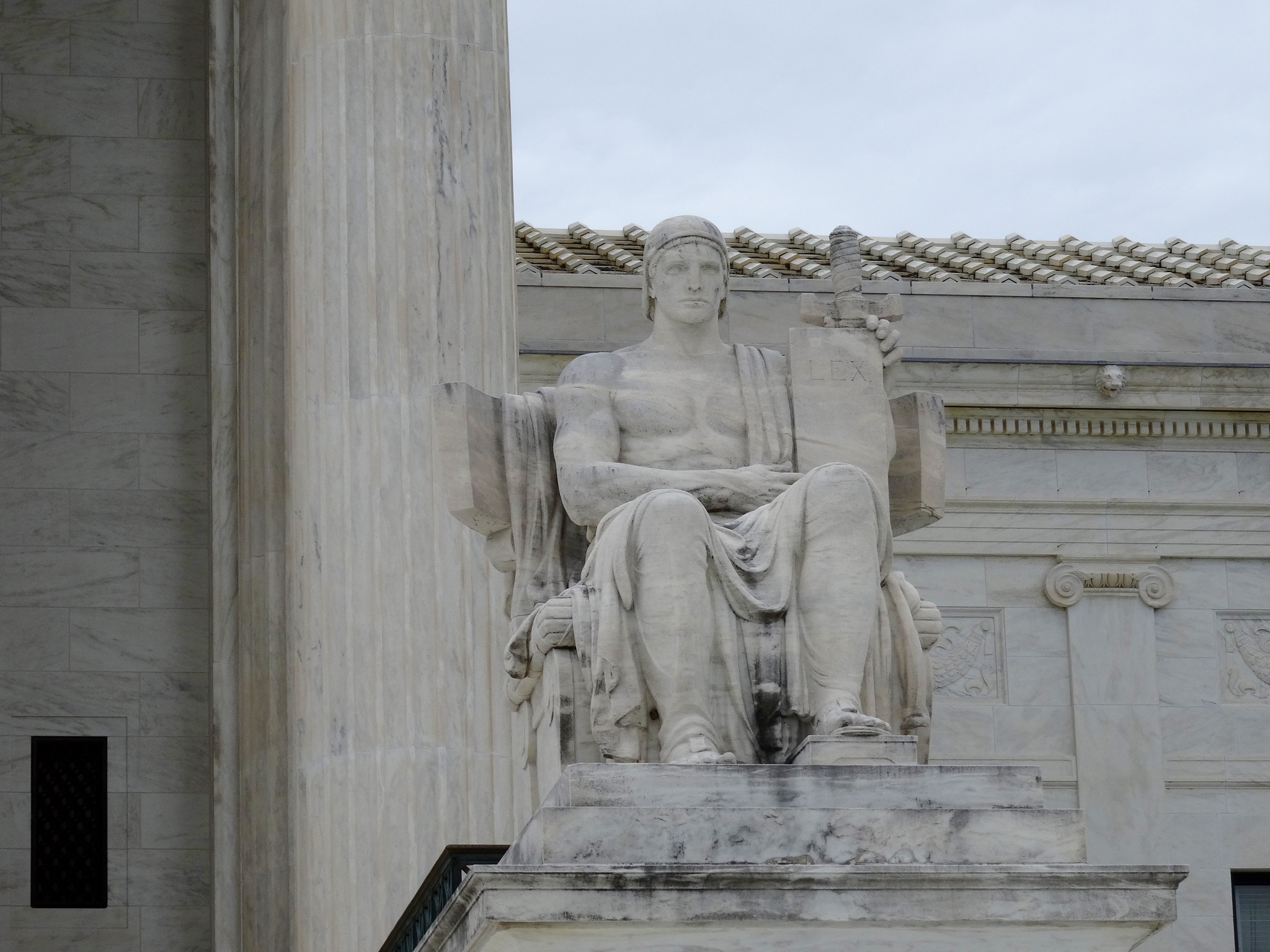- Messages
- 37,676
- Reaction score
- 6,480
- Points
- 288
Link to case:
So what would you expect if a state supreme court wrote an opinion directly inconsistent with “perhaps the most fundamental rule” of the Supreme Court’s jurisprudence in the area, an opinion that would get a failing grade in any law school course on criminal law? Well, your first guess would be that the Supreme Court would unanimously reverse, and if you were bold you’d predict a short opinion assigned because of its triviality to the most junior justice. That is about what we got Wednesday with Justice Ketanji Brown Jackson’s brief opinion for a unanimous court in McElrath v. Georgia.
McElrath involves a tragic crime in which a mentally ill defendant killed the woman who adopted him, based in part on a delusional belief that she was poisoning him. Georgia charged Damian McElrath with malice (that is, premeditated) murder, felony murder, and aggravated assault. At the trial, the jury found him not guilty by reason of insanity of the most serious charge (malice murder), but guilty on the two lesser charges of felony murder and aggravated assault.
If you know anything about the double jeopardy clause of the Fifth Amendment, you probably are thinking that the jury’s acquittal of McElrath on malice murder is the end of it at least for that charge. But Georgia’s high courst saw it differently. The Supreme Court of Georgia pointed out that the verdicts were directly contradictory – under Georgia law, “repugnant.” Specifically, there was no way that McElrath could both have the requisite state of mind to be responsible for the lesser offenses and lack the requisite state of mind for the greater offense. Accordingly, the Georgia Supreme Court concluded that the “repugnance” of those paired determinations meant that the jury’s conclusion did not count as a “verdict” at all. Thus, it reasoned, Georgia could retry McElrath, even on the charge for which the jury had acquitted him.
More:

 www.scotusblog.com
www.scotusblog.com
Double jeopardy clause bars Georgia from retrying man acquitted by reason of insanity
So what would you expect if a state supreme court wrote an opinion directly inconsistent with “perhaps the most fundamental rule” of the Supreme Court’s jurisprudence in the area, an opinion that would get a failing grade in any law school course on criminal law? Well, your first guess would be that the Supreme Court would unanimously reverse, and if you were bold you’d predict a short opinion assigned because of its triviality to the most junior justice. That is about what we got Wednesday with Justice Ketanji Brown Jackson’s brief opinion for a unanimous court in McElrath v. Georgia.
McElrath involves a tragic crime in which a mentally ill defendant killed the woman who adopted him, based in part on a delusional belief that she was poisoning him. Georgia charged Damian McElrath with malice (that is, premeditated) murder, felony murder, and aggravated assault. At the trial, the jury found him not guilty by reason of insanity of the most serious charge (malice murder), but guilty on the two lesser charges of felony murder and aggravated assault.
If you know anything about the double jeopardy clause of the Fifth Amendment, you probably are thinking that the jury’s acquittal of McElrath on malice murder is the end of it at least for that charge. But Georgia’s high courst saw it differently. The Supreme Court of Georgia pointed out that the verdicts were directly contradictory – under Georgia law, “repugnant.” Specifically, there was no way that McElrath could both have the requisite state of mind to be responsible for the lesser offenses and lack the requisite state of mind for the greater offense. Accordingly, the Georgia Supreme Court concluded that the “repugnance” of those paired determinations meant that the jury’s conclusion did not count as a “verdict” at all. Thus, it reasoned, Georgia could retry McElrath, even on the charge for which the jury had acquitted him.
More:

Double jeopardy clause bars Georgia from retrying man acquitted by reason of insanity - SCOTUSblog
So what would you expect if a state supreme court wrote an opinion directly inconsistent with “perhaps the most fundamental rule” of the Supreme Court’s jurisprudence in the area, an opinion that would get a failing grade in any law school course on criminal law? Well, your first guess would be that
 www.scotusblog.com
www.scotusblog.com
